
This photo taken on Nov 12, 2022 shows an interior view of the media center for the upcoming 17th Group of 20 (G20) Summit in Bali, Indonesia. (Photo/Xinhua)
Steps to help developing countries, climate stressed as summit closes
The Group of 20 Summit closed on Wednesday with leaders of the world's largest economies and international organizations committing to concrete action that can help revive a global economy battered by the pandemic, climate change and geopolitical tensions.
Indonesian President Joko Widodo, whose country held the presidency of the G20 this year, presented the G20 Bali Leaders' Declaration, which was adopted on the resort island of Bali.
In his closing speech, Widodo said Indonesia's presidency of the group produced concrete deliverables such as a list of cooperation projects that can help bring the work of the G20 closer to the people and ensure that all benefit. He also reiterated the G20 theme, "Recover together, recover stronger", in urging fellow leaders to press forward on these goals.
Widodo concluded the group's 17th summit by handing over the gavel symbolizing the G20 presidency to India's Prime Minister Narendra Modi.
In a news briefing after the two-day summit, Widodo listed the "concrete, tangible actions" that have been undertaken under Indonesia's stewardship of the group this year. These include the $1.4 billion Pandemic Fund that aims to help developing countries cope with future pandemics and other global health threats.
Widodo also cited the Just Energy Transition Partnership between Indonesia and the International Partners Group. With the United States and Japan as the program's joint leads, it also brings together the United Kingdom, Germany, France, the European Union, Canada, Italy, Norway, and Denmark.
Under the partnership, Indonesia will mobilize $20 billion over the next three to five years so that it can retire coal plants and accelerate its shift toward renewable energy sources.
'Critical moment'
In the declaration, the G20 leaders noted that the global economy is at its "critical moment", making it essential for the group to undertake "tangible, precise, swift and necessary actions, using all available policy tools, to address common challenges, including through international macro policy cooperation and concrete collaborations".
The declaration adds: "In doing so, we remain committed to supporting developing countries, particularly the least developed and small island developing states, in responding to these global challenges and achieving the sustainable development goals."
The leaders said they will take coordinated actions to advance an agenda for a strong, inclusive and resilient global recovery and sustainable development that delivers jobs and growth. To achieve this aim, they affirmed that they will be flexible in their macroeconomic policy responses.
They have also committed to long-term fiscal sustainability by using all available tools to mitigate risks. The leaders noted the steps taken during the global financial crisis and how to strengthen financial resilience and promote sustainable finance and capital flows.
In addition, they vowed to promote food and energy security and stabilize markets, providing temporary and targeted support to cushion the impact of price increases.
The leaders also aim to strengthen dialogue between producers and consumers, and increase trade and investments for long-term food and energy security needs.
The leaders also wish to unlock further investments for low- and middle-income and other developing countries through innovative financing sources.
"We commit to protecting the most vulnerable from hunger by using all available tools to address the global food crisis. We will take further coordinated actions to address food security challenges including price surges and shortage of food commodities and fertilizers globally," the G20 leaders said.
Widodo said the leadership of the G20 has also called for an end to the Ukraine-Russia conflict, which has hurt a world economy still reeling from the pandemic. He said this was the most contentious provision and that the leaders had intense debates before reaching an agreement.









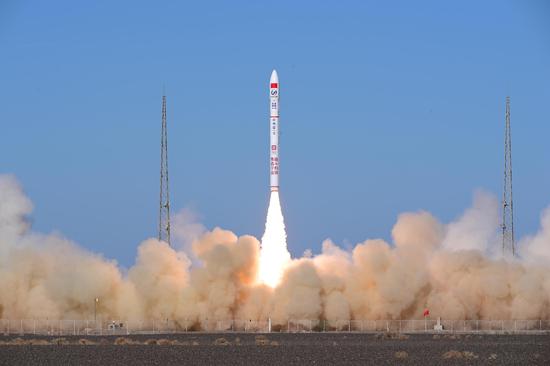

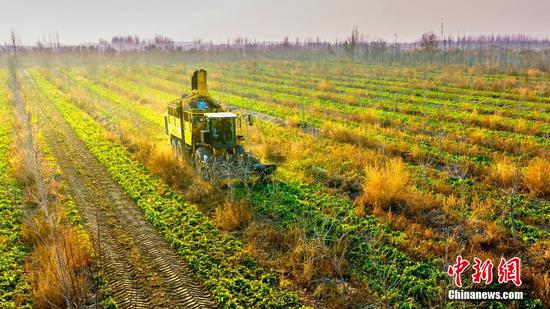

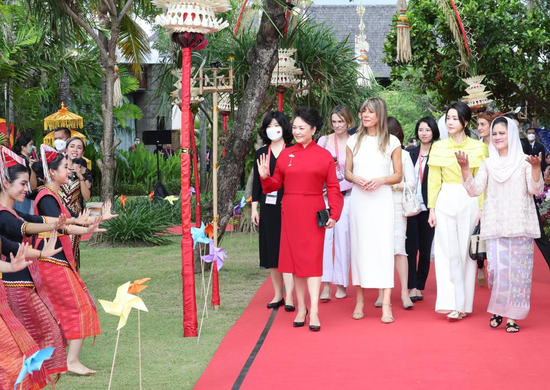
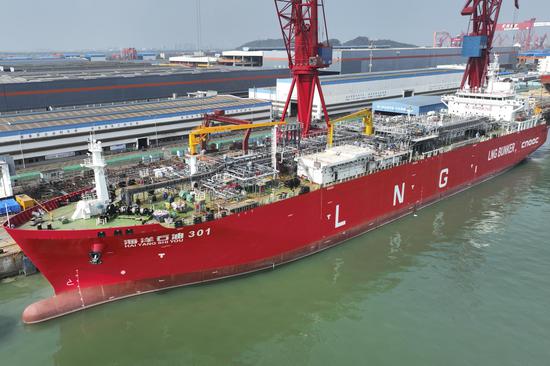
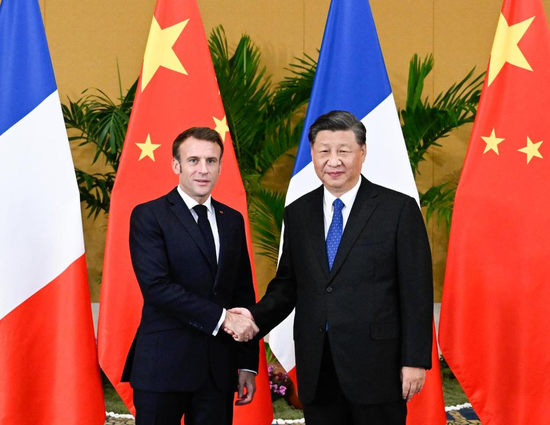

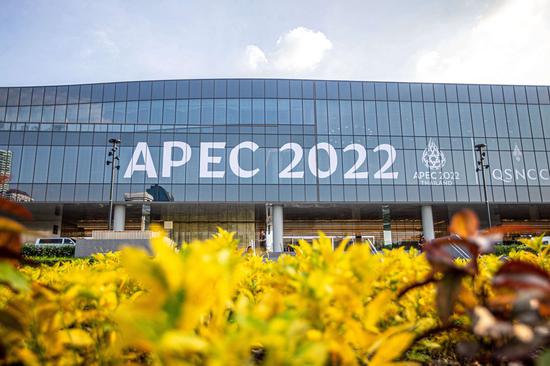
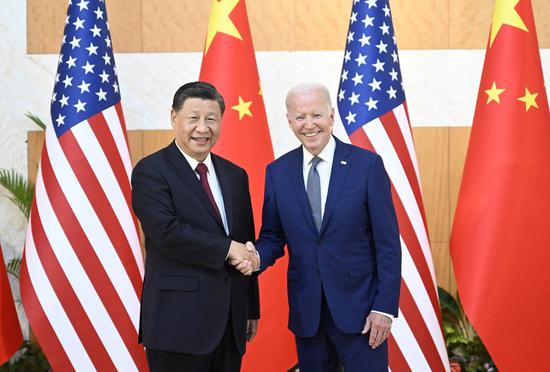
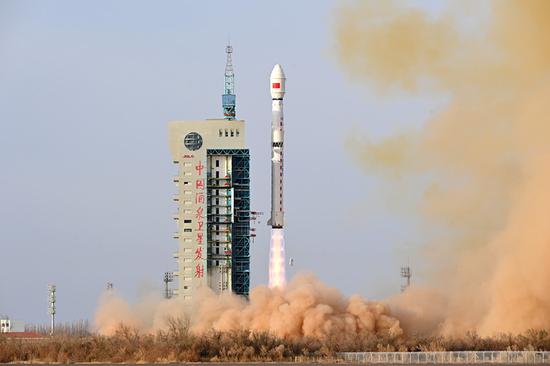


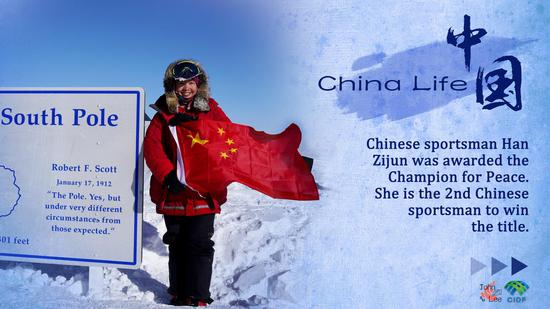

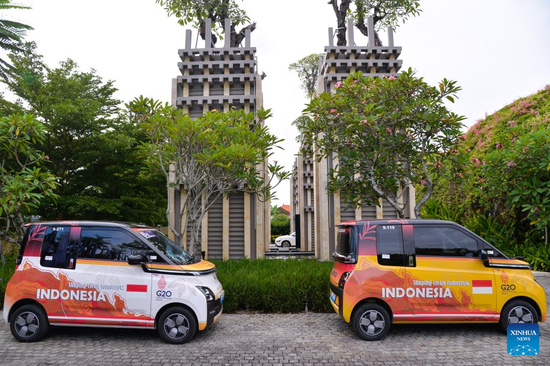
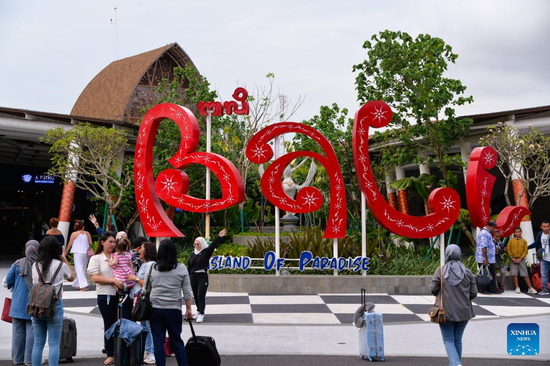
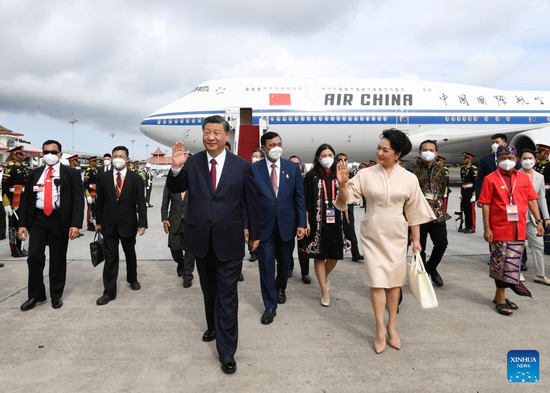

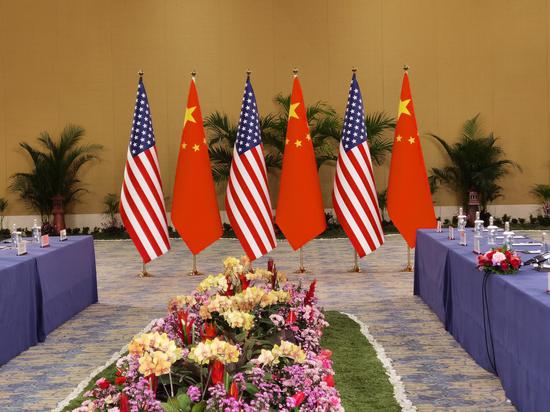
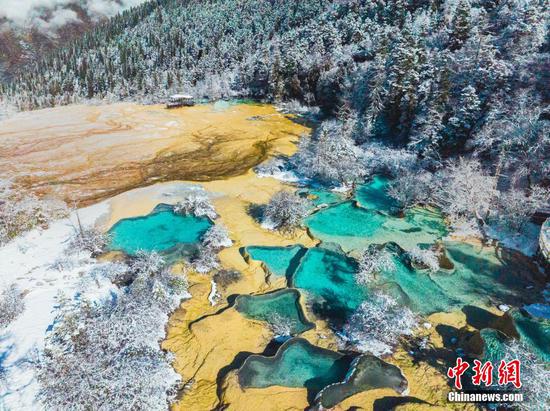
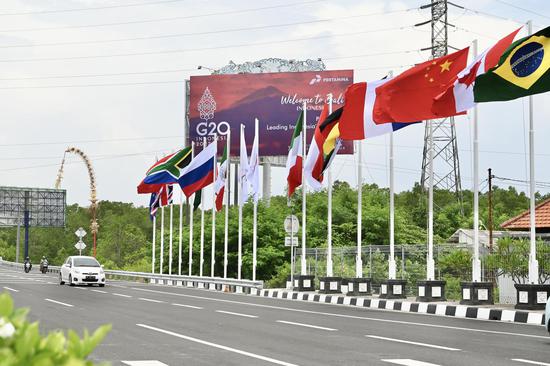
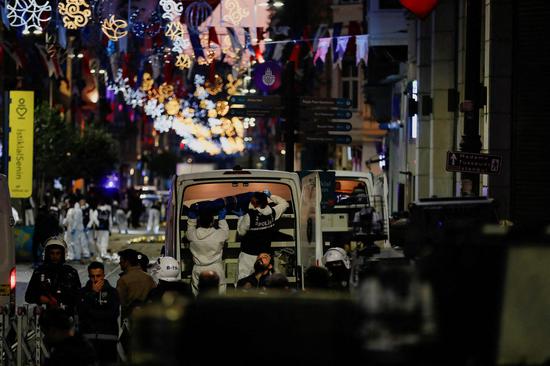
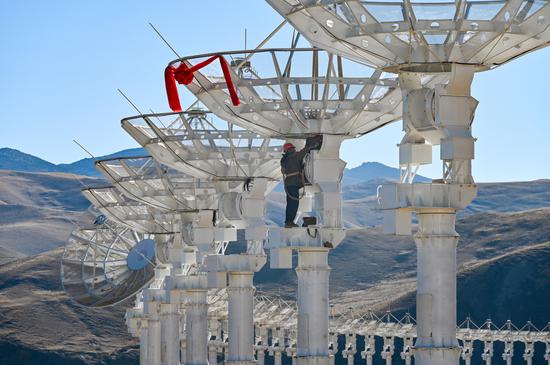
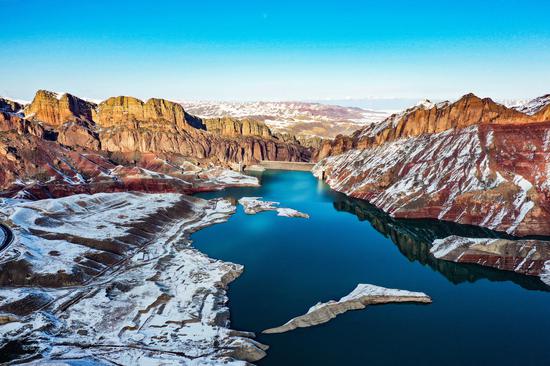
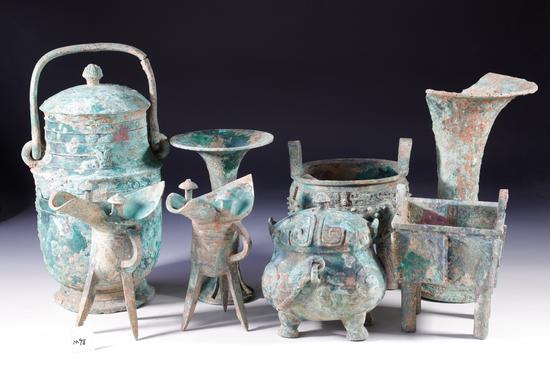

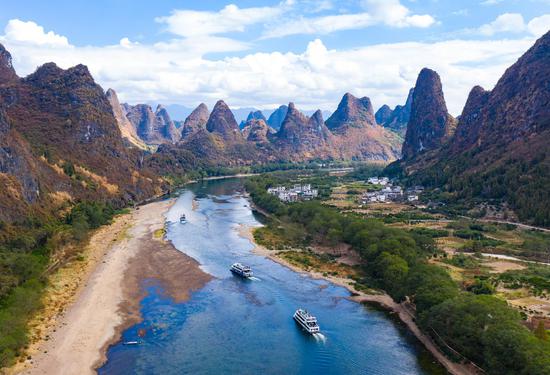
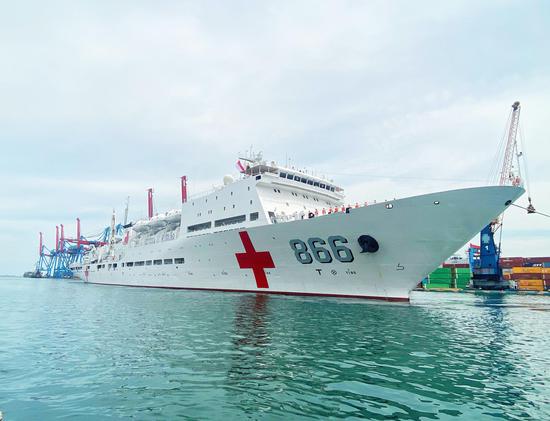
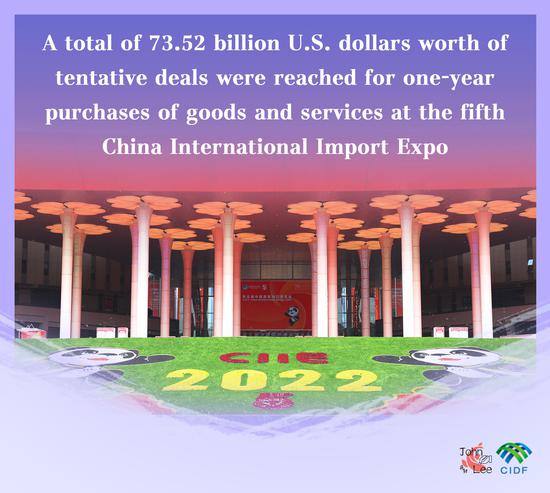

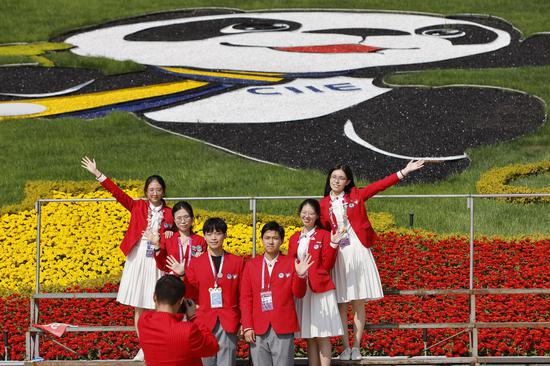
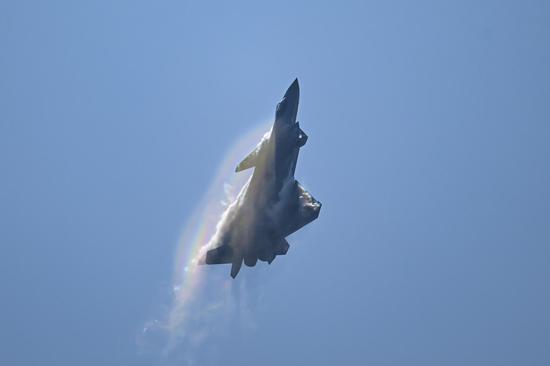
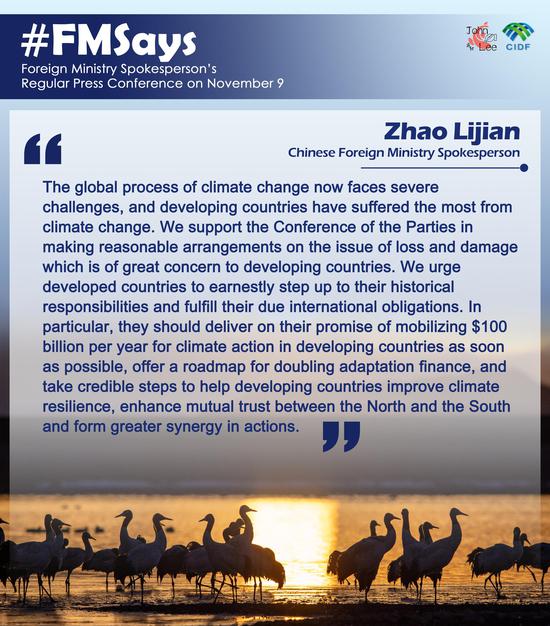

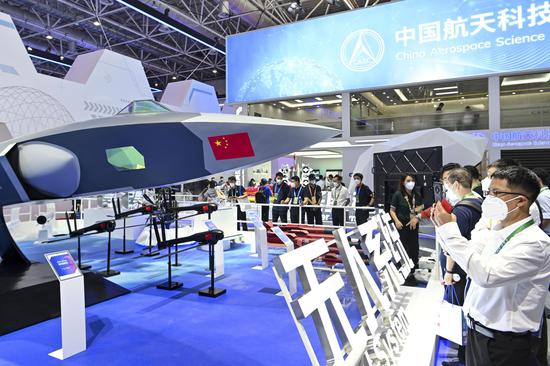





 京公网安备 11010202009201号
京公网安备 11010202009201号